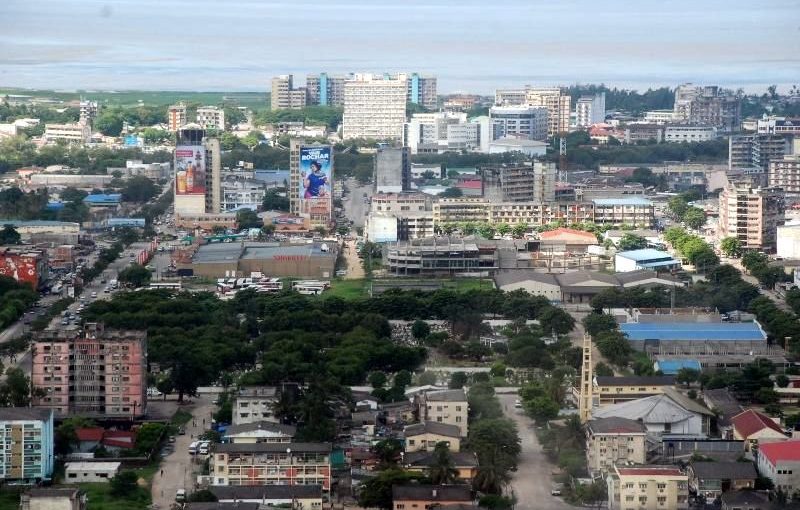
Mozambique’s port city of Beira threatened by climate change

Cities across Africa are struggling with the impact of climate change and for some, their very survival is at stake.
In Mozambique, the port city of Beira, the country’s second largest city, faces a very bleak future, thanks to rising sea levels.
Hundreds of people have been left homeless and without a source of income since their businesses, homes and farms near the ocean are slowly subsiding.
According to the Global Facility for Disaster Reduction and Recovery (GFDRR), Mozambique’s coastal cities, where up to 60 percent of the population lives, are ranked third among African countries most exposed to multiple weather hazards.
Natural disasters
There has been an increase in natural disasters in the country over the past 30 years, data from the Mozambique’s National Institute for Disaster Management (INGC) show. Massive tropical hurricanes off the Indian coast have been causing catastrophic floods in Mozambique’s coastal cities and worst still when it rains as the city’s ancient drainage system clogs up for days, forcing residents out of their homes.
Homes and schools are drenched with sewage water leaving residents exposed to deadly diseases such as cholera and typhoid.
Experts warn the severity of storms and flooding in Beira are only going to increase due to the ongoing climate change.
Bento Saide, a smallholder farmer near Beira during an interview with AlJazeera said rising sea levels flood the land with salty water, rendering crops useless.
“We don’t have any idea what to do as the water is keeping on coming and destroying our crops,” he says.
Beira city was established in the 19th century and was designed to host less than 50,000 people, but nowadays it is home to over 500,000 people, majority of them living in the slums.
Saving Beira
Beira city mayor Daviz Simango is making it his life’s mission to hold back the waves!
The city authority and private companies in 2014 drew up “Masterplan Beira 2035”, a climate-adaption initiative to be implemented over the next 18 years. Netherlands-based company, Deltares, helped draft the plan.
He says the city needs more than $100 million to make the city resilient to climate change.
Mayor Simango is working towards planting thousands of mangrove trees, which are known to be quite effective in preventing floods, along the shores of the Indian Ocean.
He spoke to CGTN’s Vauldi Carelse.
In the plan, entrepreneurs and private companies were needed to build houses in new residential areas along with new roads, drainage infrastructure and hotels.
Mayor Simango has also partnered with a local NGO to run awareness campaigns in a bid to educate communities about the importance of reducing disaster risks.






